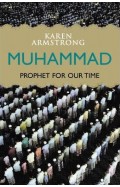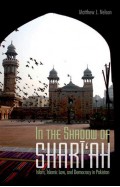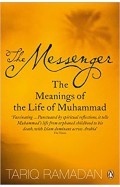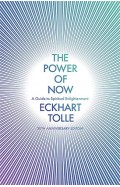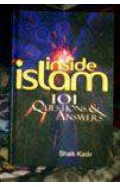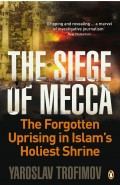Muslim Zion - Pakistan as a Political Idea
By: Faisal Devji
-
Rs 8,995.50
- Rs 9,995.00
- 10%
You save Rs 999.50.
Due to constant currency fluctuation, prices are subject to change with or without notice.
Muslim Zion - Pakistan as a Political Idea
By: Faisal Devji
Rs 8,995.50 Rs 9,995.00 Ex Tax :Rs 8,995.50
Zubin Mehta: A Musical Journey (An Authorized Biography)
By: VOID - Bakhtiar K. Dadabhoy
Rs 630.00 Rs 1,050.00 Ex Tax :Rs 630.00
The Quest For Meaning: Developing A Philosophy Of Pluralism
By: Tariq Ramadan
Rs 1,255.50 Rs 1,395.00 Ex Tax :Rs 1,255.50
War of the Worldviews: Science vs Spirituality
By: Dr Deepak Chopra
Rs 895.50 Rs 995.00 Ex Tax :Rs 895.50
In the Shadow of Shari'ah: Islam, Islamic Law and Democracy in Pakistan
By: Matthew J Nelson
Rs 2,605.50 Rs 2,895.00 Ex Tax :Rs 2,605.50
The Messenger: The Meanings of the Life of Muhammad
By: Tariq Ramadan
Rs 2,335.50 Rs 2,595.00 Ex Tax :Rs 2,335.50
No similar books from this author available at the moment.
No recently viewed books available at the moment.
Zubin Mehta: A Musical Journey (An Authorized Biography)
By: VOID - Bakhtiar K. Dadabhoy
Rs 630.00 Rs 1,050.00 Ex Tax :Rs 630.00
Muslim Zion - Pakistan as a Political Idea
By: Faisal Devji
Rs 8,995.50 Rs 9,995.00 Ex Tax :Rs 8,995.50










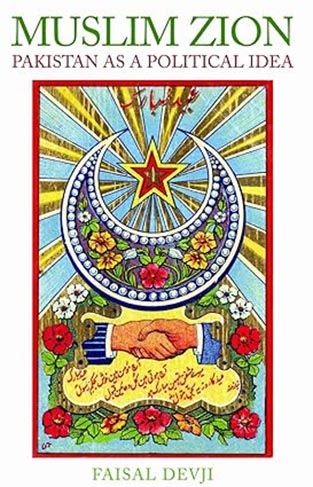

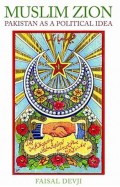
-120x187.jpg?q6)







